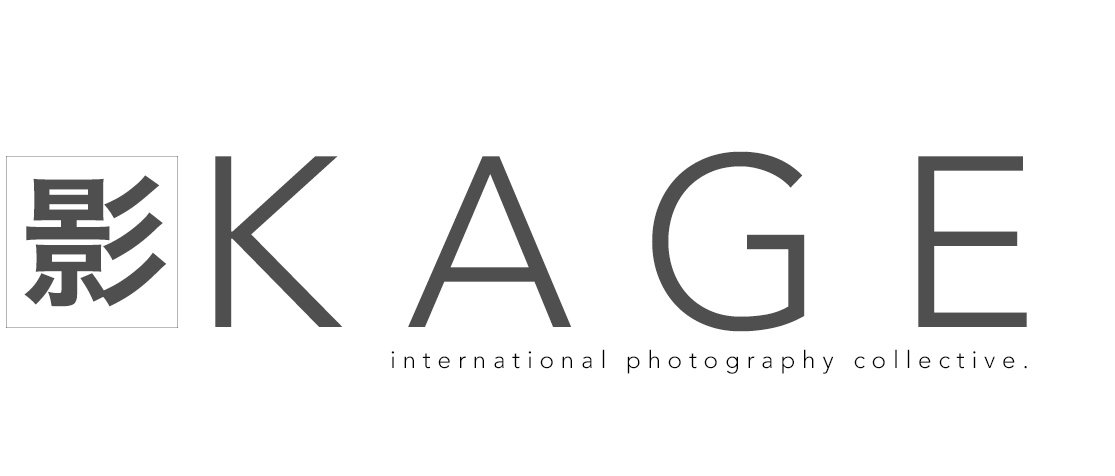By Patrick La Roque
On September 30th, 2021, Canada celebrated the first National Day for Truth and Reconciliation, to honour the survivors of the residential school system. This is a tragedy most of us are still trying to process, a truth difficult to comprehend and even harder to accept; something Robert wrote about brilliantly in Broken Threads.
On a personal level, I’ve found myself assessing my relationship with First Nations, realizing how little I knew. We were taught a whitewashed history in school, some of it distorted or, even more damningly, omitted. In recent years, I often heard the term cultural genocide used to describe our treatment of Indigenous people and, I’m ashamed to say, it bothered me. I sympathized, but I mostly felt we were taking things too far, judging the past with present-day sensibilities. That our society’s dark side had existed, sure, but it was now long behind us, part of the sometimes cruel but inevitable birthing pains of any nation. That it was time to move on.
I didn’t know.
I didn’t know about parents losing their children; about adults, today, still living with the trauma of attempted assimilation and violence. I was a kid in the suburbs, probably riding a swing without a care in the world, on the day when a 6-year-old Phyllis Webstad's orange shirt was ripped from her. I didn’t know, but that’s no excuse.
I also never bothered to learn.
I grew up with the Hunter sculpture and its (now illegal) ivory companions, souvenirs from our dad’s journey in the Arctic, years before my sister and I were born. As kids, the objects sparked our imaginations, unlocking far off lands full of wild adventures. They’re in a bookcase now, in our home. On the morning of September 30th, I picked them up, placed them on a table, took some pictures. I’d done this before, but this time was different. An added weight, pressing down. My father had a deep respect for First Nations, so these were never throwaway trinkets—they meant something to him that went much deeper, and he instilled this in us. But he was still a white man, seeing the white man’s truth through a white man’s eyes. A damaged, incomplete truth, most likely. Had he purchased them? Were they gifts from people he’d known, or just a young man’s trophies? I’ll never know.
I took pictures, almost reluctantly, unsure of myself, feeling like an invader or a soul-robber, fears of cultural appropriation in the back of my mind—the line isn’t always clear these days. But then I settled. The Hunter hides a story whose thread is forever lost, but its presence is an opportunity to look reality in the face. It’s a symbol I can at least acknowledge.
And change begins with acknowledgement.









